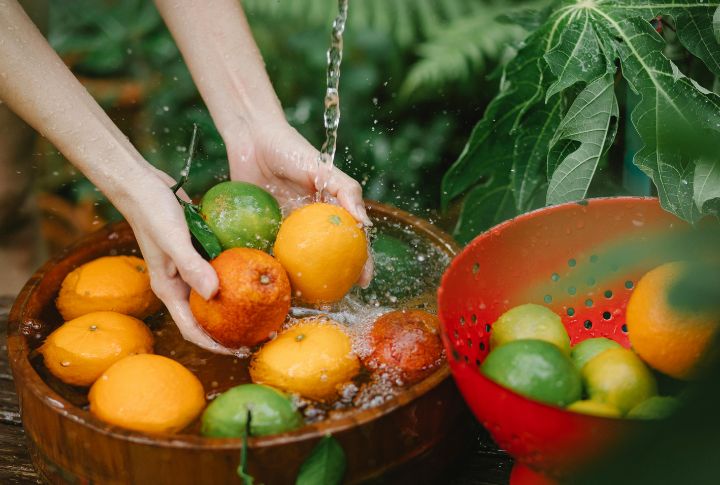
Everyday life hacks may seem like clever fixes, but some come with hidden risks. These seemingly simple tricks can end up causing more harm than good. Let’s take a look at ten popular hacks that pose risks to your home and health, along with expert-approved alternatives to keep both in top condition.
Corroding Your Pipes with Salt
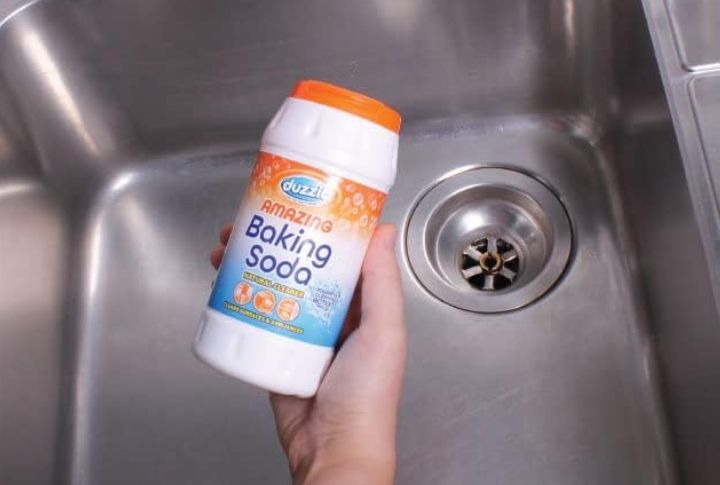
Salt might seem harmless, but it solidifies with water inside pipes, causing long-term damage. According to AMPP, experts have seen cases where frequent use led to severe blockages and metal corrosion. A better alternative is flushing drains with baking soda and boiling water to keep them clear and functional.
Risky Freezing Habits for Batteries
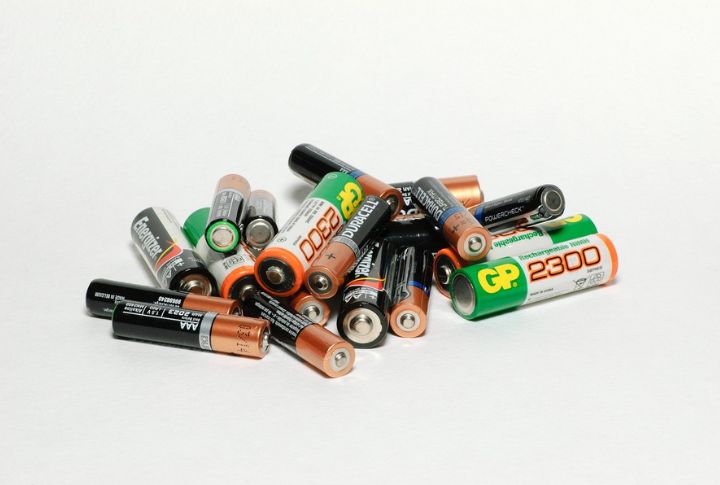
The idea of cold storage for batteries is an outdated myth that can do more harm than good. Freezing batteries slows the chemical reactions inside them, and condensation during thawing can lead to corrosion. Experts recommend storing batteries in dry, room-temperature conditions to ensure they maintain their performance.
Duct Tape for HVAC Sealing
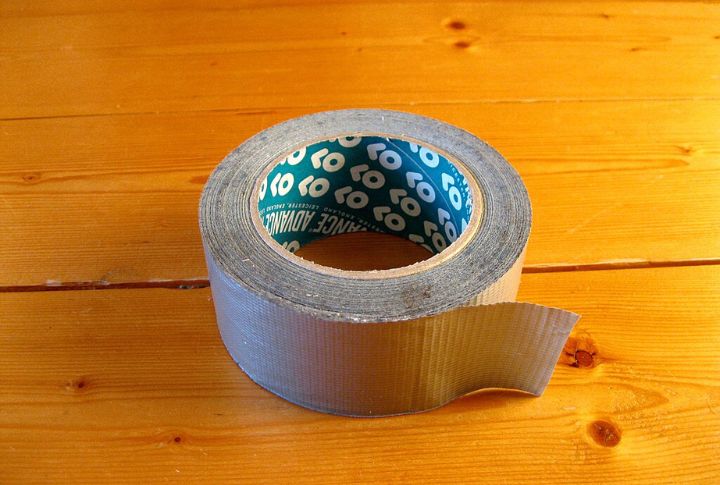
For HVAC systems, duct tape fails under pressure. Studies from national labs reveal that temperature fluctuations weaken its adhesive, which makes it unreliable for air sealing. Instead, opt for mastic sealants or foil tape that offers longer-lasting and safer solutions for keeping your home energy efficient.
Using Sunscreen on Sunburns
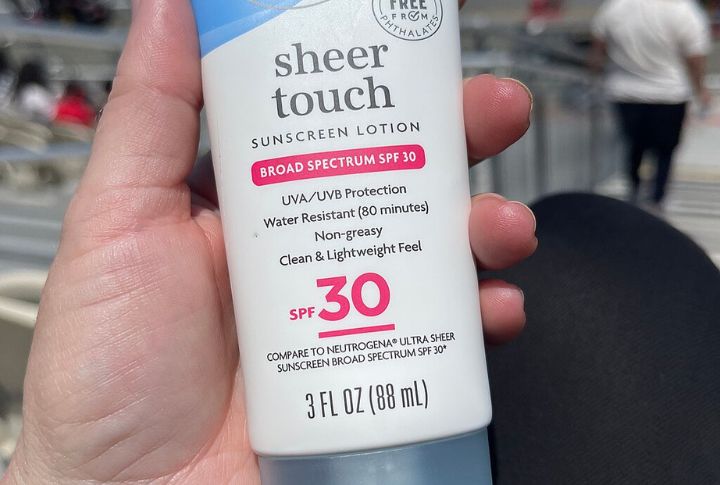
The sunscreen’s alcohol and fragrances can cause stinging or irritation when applied to burnt skin. Cooling remedies like aloe vera, cucumber slices, or cold compresses are better options. Dermatologists emphasize prevention—apply sunscreen generously before stepping out to avoid burns altogether.
Clean Produce with Dish Soap
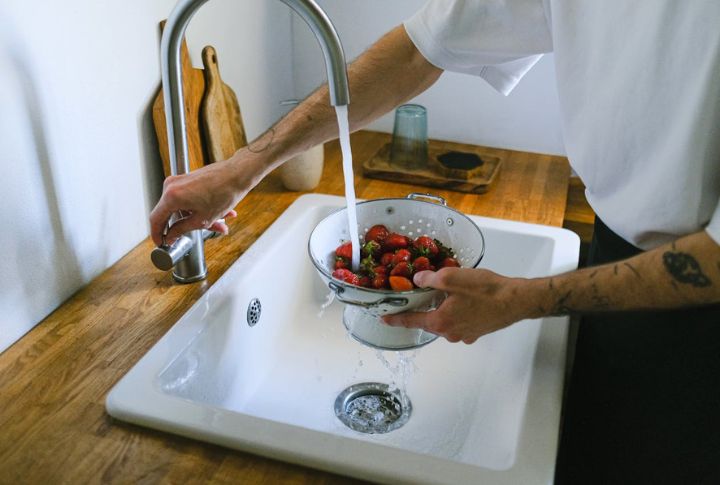
Fruits and vegetables cleaned with dish soap may retain harmful residues, which makes this practice unsafe. According to the FDA, cold running water is sufficient to remove dirt and pesticides. For more challenging produce, a soft brush is ideal. Don’t rely on products not meant for consumption.
Wrapping Your Phone in Foil
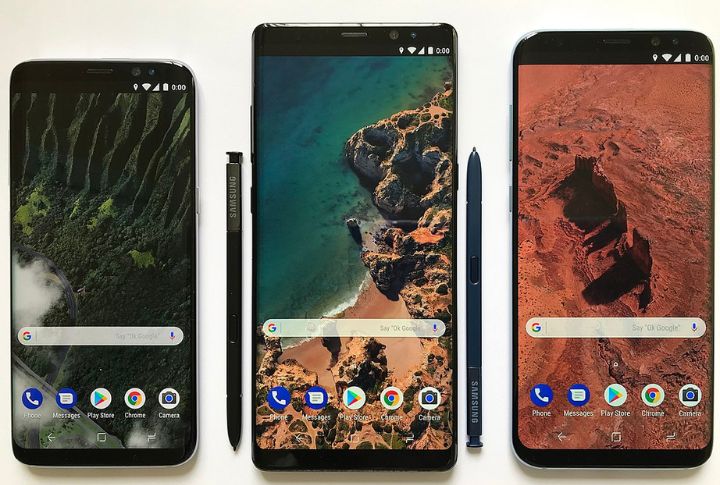
A foil-wrapped phone is more likely to block signals than amplify them. Telecommunications experts warn that this trick interferes with antennas, sometimes causing overheating. Reliable solutions like Wi-Fi calling or signal boosters are safer and more effective. Avoid hacks that damage expensive gadgets.
Stagnant Water for Humidity
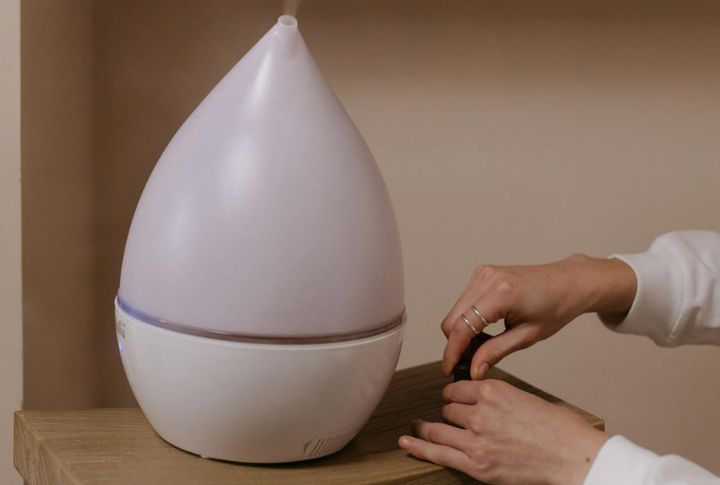
Placing water bowls around a room to provide moisture introduces risks of mold and bacteria. The evaporation rate from such a small surface is negligible, leaving air quality unaffected. A humidifier is a much more practical option, as it delivers consistent results without creating health hazards in your home.
Gum as a Quick Fix for Leaks
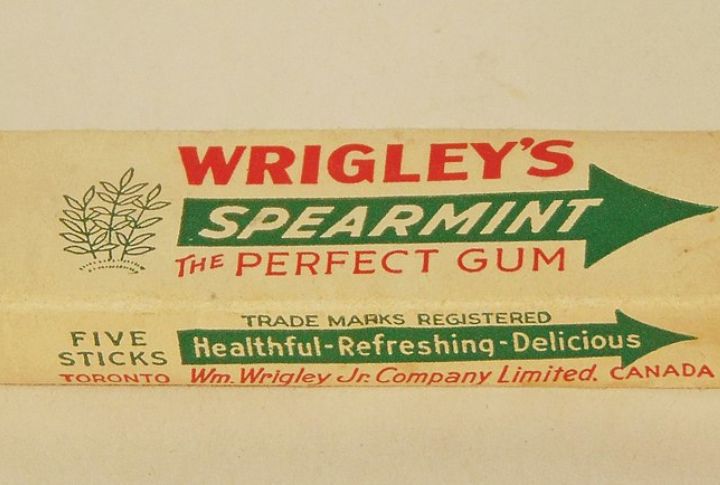
While chewing gum might temporarily plug a leak, water pressure quickly dislodges it, often worsening the problem. Experts suggest epoxy putty or plumber’s tape as temporary fixes until professional repairs can be made. These tools are reliable, unlike improvised solutions that risk further damage.
Onion Detox Method
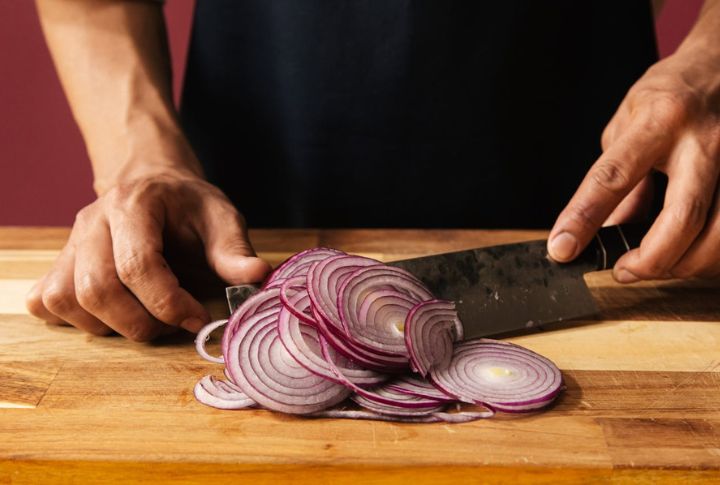
Leaving sliced onions in a room as a “detox” remedy is a persistent yet baseless belief. Scientific research confirms that onions do not absorb bacteria or toxins from the air. They spoil quickly, posing a health hazard instead. Proper hygiene is always the safer route.
Tinted Paper Near Light Bulbs
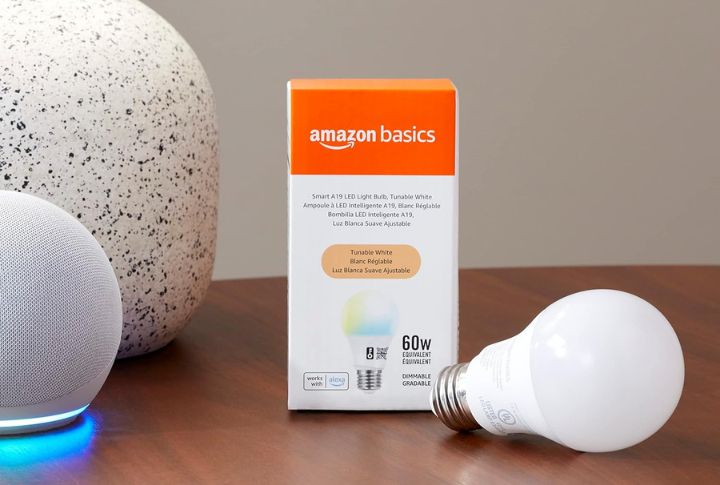
Tinted paper near light bulbs is a fire hazard, igniting quickly when left open to heat. Fire departments report cases of house fires caused by such shortcuts. Safe alternatives like LED bulbs with customizable colors or smart lighting setups provide ambiance without risking your home’s safety.
